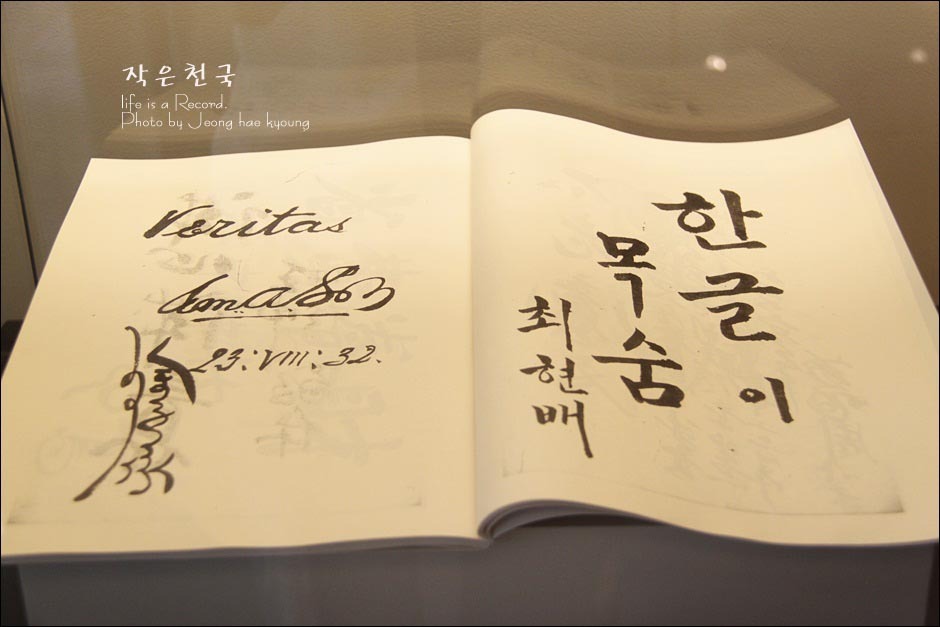Apples are strewn throughout history and mythology, acting as a key component of human societies. Its symbolism ranges from the sin of Adam and Eve to the love of Aphrodite. Let us look at some apples that have made a significant impact in the world – real or mythical.
Apple of Temptation: According to the bible, Eve is tempted by the snake to take the forbidden fruit from the Tree of Knowledge. By taking from the tree and eating this fruit (then sharing it with Adam), the two are banished from the Garden of Eden and humanity is cursed to live in the harsh world and for women to suffer the pain of childbirth. Although the bible never defines the forbidden fruit as an apple, artistic depictions during the Renaissance has solidified the idea. The eponymous Adam’s apple (the lump on men’s necks) is said to be a piece of the apple being stuck in Adam’s throat.
Apple of Discord: According to Greek mythology, Eris (goddess of discord) threw a golden apple into a wedding after not being invited to it. The apple was inscribed with the message: “For the fairest one” and Hera, Athena and Aphrodite all claimed the apple was for them. Eventually, the judgement was delegated to Paris, prince of Troy. Each goddess bribed him with power, strength and love respectively but Paris eventually chose Aphrodite and in return, received the most beautiful woman in the world – Helen of Sparta. This sparked the great Trojan War, resulting in the destruction of Troy by the Greek alliance.
Apple of Love: Atalanta (Greek mythology) was a beautiful woman who had sworn virginity to the goddess Artemis. To avoid marriage, she challenged suitors to a footrace and only the winner would take her hand in marriage (the rest were killed). A man named Hippomenes went to Aphrodite’s temple to seek advice and was given three golden apples. He used the apples to distract Atalanta during the race by tossing it near her. This allowed him to win the race and ultimately took Atalanta’s hand in marriage. This story also shows how the ancient Greeks saw apples as a symbol of love, as evidenced by the gesture of one throwing an apple to the person they are in love with. Catching the apple was accepted as a sign of reciprocity.
Apple of Challenge: One of Hercules’ twelve challenges was to take the Golden Apples of Hesperides, protected by Ladon, a dragon with a hundred heads. Hercules bargained with Atlas to hold the Earth while he retrieved it. Atlas tried to walk away free from his damned task, but Hercules tricked him by asking to hold the Earth while he shifted his cloak.
Apple of Death: In the fairy tale, Snow White, the evil queen uses a poisonous apple to murder Snow White. The symbolism of the apple is similar to the biblical story mentioned above. Despite the dwarves warning her about stranger danger, Snow White takes the gift of a stranger without enough caution and suffers the consequences. However, she is resurrected by the kiss of the prince. Perhaps Aphrodite’s apple of love counters the evil apple of death and sin.
Apple of Revolution: A famous Swiss folklore describes how William Tell had to shoot an apple from his son’s head with his crossbow as punishment for not submitting to the occupying Austrians’ leader, Gessler. Being an expert marksman, he successfully hit his target instead of killing his son. When he was questioned why he drew two bolts from his quiver, Tell replied that he was aiming to shoot Gessler if he accidentally killed his son. This infuriated Gessler, who arrested William Tell. However, Tell escaped and went on to lead the revolution against the oppressors, aiding in the liberation of Switzerland (according to the legend).
Apple of Philosophy: There is a record of a young Martin Luther (who founded the protestant church) writing in his diary: “Even if I knew that tomorrow the world would go to pieces, I would still plant my apple tree”. The philosophy behind this saying is not that gardening is important. Here, Luther is saying that we should live every day as if it is the last day. Live without regrets. Besides, would we not look silly if the world did not end and we had wasted a day panicking and doing absolutely nothing productive?
Apple of Knowledge: The story of how Isaac Newton devised the theory of gravity after being hit on the head with an apple is a famous story. Although the “hitting on the head” part is dubious, evidence suggests that he used apples falling from a tree as an example of how gravity works. Although the concept of gravity was already established, Newton focussed on how apples always fell perpendicular to the ground and deduced that objects have a gravitational pull on other objects (as the Earth pulls the apple and vice versa). He extrapolated from the apple to discover how Earth’s gravitational field controls the orbit of the Moon. Thus, it can be said that apples played a “crucial” role in the advancement of modern physics (although Newton probably did not need the apples for his theory).
Apple of Innovation: In 1976, Steve Jobs co-founded Apple Inc. to develop the first personal computer. The company would go on to revolutionise mainstream digital technology by coming up with innovative products such as the iPod. Steve Jobs was the face of this new wave of innovation; with his bold outlook on the future and powerful leadership he made Apple Inc. one of the most successful companies in the 21st century. Jobs successfully popularised many pieces of technology, such as personal computers, portable music players and tablet PCs. Interestingly, he came up with the logo and name of the company after seeing a cartoon of Newton and his apple. Perhaps Jobs was seeking to create a company that would be one of the many “apples” that were turning points in history.











